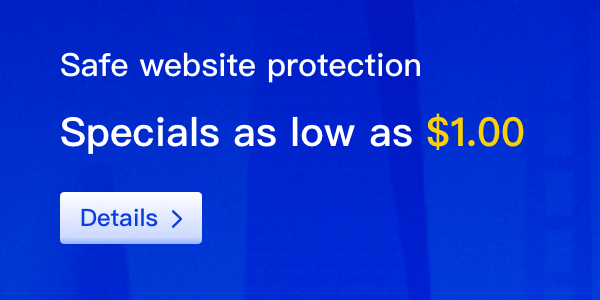When it comes to protecting your online identity, understanding the options available for domain registration privacy is crucial. Two primary solutions are Private WHOIS and Proxy Services. Each option has its own advantages and disadvantages, and choosing the right one depends on your specific needs and preferences.

What is Private WHOIS?
Private WHOIS is a service that allows domain owners to keep their personal information hidden from the public WHOIS database. When you register a domain, your details, including name, address, email, and phone number, are typically available to anyone who performs a WHOIS lookup. However, with Private WHOIS, the registrar substitutes your information with their own, ensuring that your personal data remains confidential.
This service is particularly beneficial for individuals and businesses that want to maintain their privacy and minimize the risk of spam or harassment. It is essential for anyone who is concerned about identity theft or unwanted solicitations, as it acts as a shield between your personal information and the public eye.
Understanding Proxy Services
Proxy Services offer a different approach to privacy in domain registration. Instead of hiding your information, a proxy service registers the domain on your behalf. The proxy service’s information appears in the WHOIS database instead of yours. This means that legal notices or inquiries are directed to the proxy service, which then forwards the necessary information to you.
While Proxy Services provide a high level of privacy, they also come with certain risks. Since the proxy service owns the domain, you may face challenges if you need to transfer it or if the service goes out of business. It is vital to choose a reputable proxy service that has clear policies regarding ownership and transferability.
Comparing Pros and Cons
When deciding between Private WHOIS and Proxy Services, it is crucial to weigh the pros and cons of each option.
Private WHOIS Pros:
Enhanced privacy by hiding personal information.
Retains ownership of the domain, making it easier to transfer or manage.
Typically less expensive than proxy services.
Private WHOIS Cons:
Some registrars may not offer this service, limiting your options.
May not be as effective against legal inquiries, as your information is still technically available to the registrar.
Proxy Services Pros:
Complete anonymity, as the proxy service is the registered owner.
Can handle legal inquiries on your behalf.
Proxy Services Cons:
Potential complications with domain ownership and transfer.
Higher costs associated with using a proxy service.
Making the Right Choice
Choosing between Private WHOIS and Proxy Services depends on your needs. If maintaining ownership and control of your domain is a priority, Private WHOIS may be the better option. It offers a balance of privacy and accessibility that many individuals and businesses find appealing.
On the other hand, if complete anonymity is your goal and you are comfortable with a third party managing your domain, Proxy Services might be more suitable. However, ensure that you thoroughly research the proxy service you choose to avoid potential pitfalls.
Conclusion
In an increasingly digital world, protecting your personal information is more important than ever. Understanding the differences between Private WHOIS and Proxy Services can help you make an informed decision about the best privacy solution for your domain registration needs. Consider your priorities, budget, and the level of privacy you desire before making your choice. By selecting the right option, you can safeguard your online identity while ensuring that you maintain control over your domain.






















